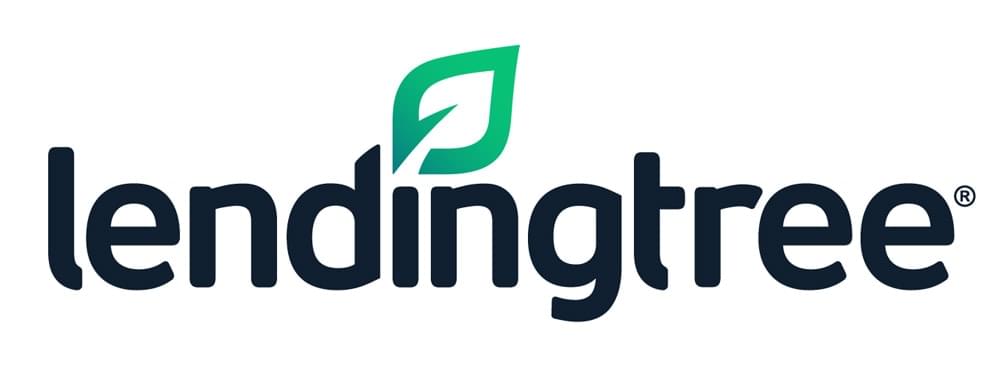One the largest misconceptions is that a mortgage broker and lender are one and the same. The truth is actually very different. Mortgage brokers and mortgage lenders both have a unique part in the home buying or refinance processes.
We will go over some of the differences between mortgage lender and a mortgage broker. We’ll also provide you with guidance to make sure you’re working with the best lender or broker for your particular needs.
Who are Mortgage Brokers?
A mortgage broker an intermediary between a borrower and a bank. Mortgage brokers frequently work with a multitude of lenders and shop to get the best interest rates. Mortgage Brokers also tend to have a significantly larger number of loan options. Quite often, mortgage lenders are restricted to their one set of guidelines and loan programs. At BFR, we are able to offer the products big banks offer, plus no-income mortgages, commercial mortgages, non-QM mortgages, construction loans, high loan-to value mortgages, and a plethora of other new loan products only available to mortgage brokers.
Mortgage loan originators for mortgage brokers are required to pass state and federal exams not required of mortgage loan originators working for banks. Mortgage brokers have higher requirements in education, testing, and overall compliance. In recent years, compliance requirements have tilted a bit in favor of mortgage brokers. There is currently legislation that will allow mortgage bankers to move to mortgage brokerage firms with greater ease.[1] This legislation is largely due to an increase of mortgage bankers becoming mortgage brokers. In the first quarter of 2019, independent mortgage brokers have its large percentage of the mortgage market share in over a decade.
Mortgage brokers can help one decide which type of mortgage best suits one’s unique financial profile. There is no financial motivation for a mortgage broker to take one to a bank that does not suit their needs. Strict ‘anti-steering’ laws protect consumers and ensure that a mortgage broker provides you with the best options available to you for your scenario. Mortgage brokers are typically paid by the lender they arrange your loan with. They are required to disclose this on their pre-application disclosures before you begin working them.
Mortgage brokers generally receive lower interest rates due to the wholesale relationships they have with their lenders. The banks don’t pay for a broker’s overhead so it’s a good idea to pay these brokers a small percentage of the loan amount to help bring the bank the business they wouldn’t otherwise obtain. This ability to find the best lender for one’s scenario while guiding the borrower through all of the requirements can be invaluable. This is particularly true for a first-time buyer; however, a mortgage brokers assistance can be helpful to even the most seasoned real estate professionals.
Homebuyers generally work with a mortgage broker when they are looking for convenience. Tracking down mortgage rates, obtaining pre-approvals from lenders and comparing mortgage loan terms can take a good deal of time and effort. Hiring a mortgage broker means that they will do most of the heavy lifting for you.
Who are Mortgage Lenders?
A mortgage lender is a credit union, bank or another lending institution that provides, mortgages. Mortgage lenders can typically issue mortgage loans, which you can use to buy a home. Similar to mortgage brokers; mortgage lenders are also required to be licensed. The licensing requirements usually are focused around credit report and criminal background checks. The NMLS (Nationwide Mortgage Licensing System and Registry) does not require that mortgage bank pass any written examination to test their aptitude as a mortgage loan originator. Instead, the NMLS and mortgage regulators rely on banks to train their mortgage loan originators. A lender may service the mortgage loan after closing or they may sell your loan to another third-party servicing company. While a mortgage lender will not help you compare different lenders, they can provide recommendations when it comes to loan terms their bank is offering.
Every mortgage lender has their own lending guidelines regarding credit score, down payment, and factors, however not every mortgage lender offers every type of mortgage loan product. Lenders earn profits when a borrower takes out a mortgage loan and pay interest on the amount borrowed each month. The amount you pay toward your home loan each month automatically includes interest. As a borrower, you will have to compare lenders and mortgage rates on your own.
Which Option is Better for Me?
This can be a tricky question to answer. The truth is that this is a subjective decision each borrower must decide for themselves. Some prefer working with a name they know from the bank around the corner. Some borrowers are OK calling brokers and bankers spending their own time to find out what’s best for them. Some borrowers prefer a broker to do the work for them. There is no one size fits all answer. The answer is an individual one and while BFR may be bias towards the mortgage broker model, we also respect those who want to get a consultation from as many options as they deem necessary. The market is always evolving and BFR will continue to find way to stay ahead of the mortgage market curve.






